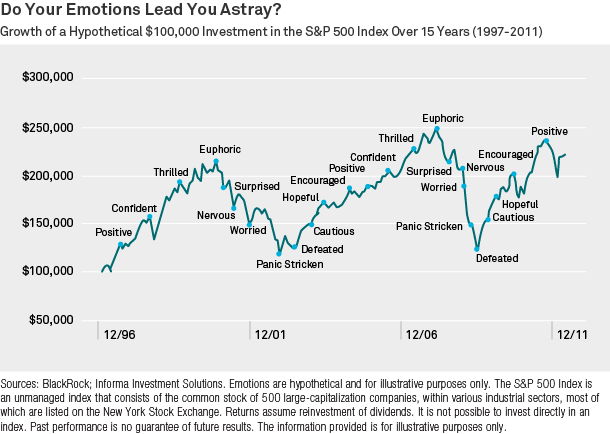. “My greatest discovery was that a man must study general conditions, to size them up so as to be able to anticipate probabilities.” What did Livermore mean by “general conditions”? He meant the macroeconomic environment and geopolitics. Are they favorable or not favorable to buying stocks? Today, the Fed is raising rates and squeezing the money supply (the monetary base declined last month for the first time in years; a year ago, it was going up 10%.) The war in the Middle East is heating up. These general conditions are not conducive to a bull market, except for gold!
“My greatest discovery was that a man must study general conditions, to size them up so as to be able to anticipate probabilities.” What did Livermore mean by “general conditions”? He meant the macroeconomic environment and geopolitics. Are they favorable or not favorable to buying stocks? Today, the Fed is raising rates and squeezing the money supply (the monetary base declined last month for the first time in years; a year ago, it was going up 10%.) The war in the Middle East is heating up. These general conditions are not conducive to a bull market, except for gold!
2. Learn from wise old men who have experience in the markets. In Reminiscences of a Stock Operator , the author talks about “the Old Turkey,” a “very wise old codger” who counseled Jesse Livermore on making good investment decisions and avoiding mistakes. How can you do this? The best way is to read histories of the great investors such as Warren Buffett, Peter Lynch, John Templeton and J. Paul Getty.
3. Learn your strengths and weaknesses. “We’ve all got a weak spot. What’s yours?” asks the Old Turkey. A good question that we must all answer. “Study mistakes,” he counsels. You don’t learn from your successes, only from your mistakes!
4. Always save some of your gains. “I was again living pretty well, but always saving something, to increase the stake that I was to take back to Wall Street.” Unfortunately, Livermore made the mistake of not living up to his own advice. He leveraged himself too much, and often went bankrupt. By taking some of your gains and investing the funds in alternative investments, such as real estate, art and collectibles, or gold coins, you protect yourself in case you are wrong.
This reminds me of something that happened to me many years ago. I had made a $2 million profit on a penny stock and my wife sat me down and insisted I pay off the mortgage, which was sizeable. I told her I preferred to reinvest the profits in more penny stocks, but she insisted, and I finally agreed with her and paid off the mortgage. It was the best decision “I” ever made! Had I invested the profits in more penny stocks, I would have lost my shirt, because the penny stocks went into a major bear market soon after.
5. Beware the charismatic financial guru! “It cost me millions to learn that another dangerous enemy to a trader is his susceptibility to the urgings of a magnetic personality when plausibly expressed by a brilliant mind.” Oh, how true. I well remember the times I invested in several tax shelters that eventually went bust, because I was thoroughly convinced by a smooth talking salesman who seemed brilliant at the time.




 This Great Graphic is from theEconomist. It is based on the work of two economists, Betsey Stevenson and Justin Wolfers. A recent research paper looks at the relationship between self assessments of one’s well being and the self-reported annual income.
This Great Graphic is from theEconomist. It is based on the work of two economists, Betsey Stevenson and Justin Wolfers. A recent research paper looks at the relationship between self assessments of one’s well being and the self-reported annual income. 


